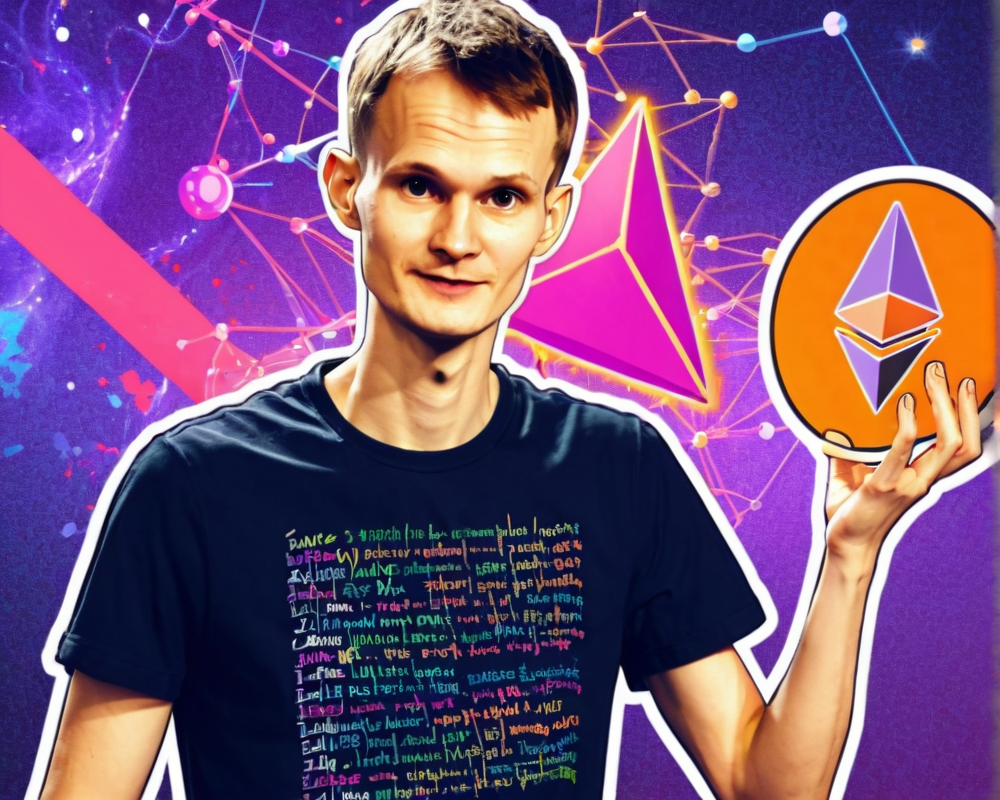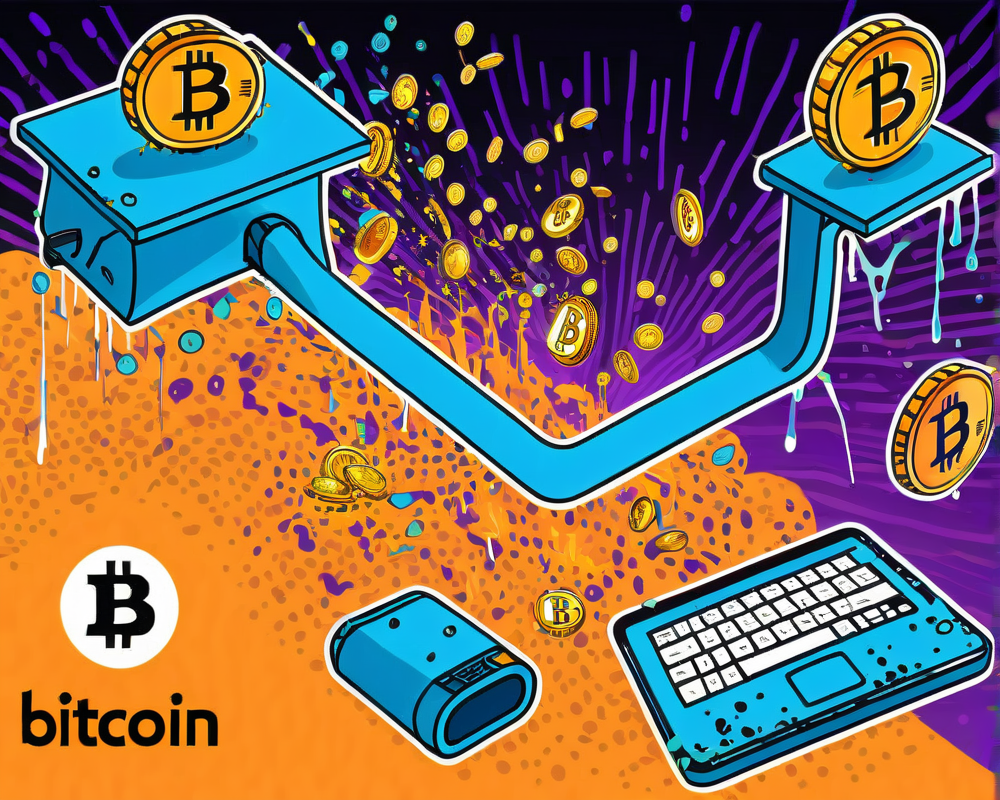Transforming Education Through Technology
The Indian Telecoms and IT Minister, Ravi Shankar Prasad, has taken a bold step towards revolutionizing education by proposing the use of blockchain technology to enhance the quality of government schools across the country. This initiative came to light during the inauguration of a blockchain technology center of excellence in Bengaluru on January 18.
The Mission at Hand
During the momentous event, Minister Prasad challenged the National Informatics Centre (NIC) to think creatively about how blockchain could be applied to primary education. “Can you think of a good application of blockchain technology for improving the quality of government schools all over the country?” he enthusiastically questioned the NIC team. The potential applications are vast and could range from tracking attendance to ensuring transparency in resource allocation.
Startups: The Key Players
In a nation bursting with innovation, home to approximately 26,000 startups — 9,000 of which are in the tech realm — Prasad emphasized the significant role startups could play in this technological transformation. He encouraged the NIC to develop policies to integrate startups into the initiative, heralding the NIC as a potential “big patron of the startup movement.” This could lead to collaborations that spark fresh ideas and innovative solutions for educational challenges.
The Blockchain Advantage
So, what makes blockchain technology a great candidate for education? Here are a few reasons why it could be revolutionary:
- Transparency: Every change in the educational ecosystem can be recorded, making processes more transparent.
- Security: Data regarding student progress and resources can be protected, minimizing the risk of tampering.
- Efficiency: Automating administrative processes can lead to more cohesive and streamlined operations.
The Road Ahead
While the focus on blockchain presents exciting opportunities, it’s essential to note that cryptocurrency adoption has experienced significant hurdles in India. The country’s regulatory landscape remains uncertain, particularly with ongoing Supreme Court hearings regarding a banking ban on the cryptocurrency sector. However, the move towards education technology illustrates a proactive approach that could pave the way for broader acceptance and application of blockchain in various sectors.




